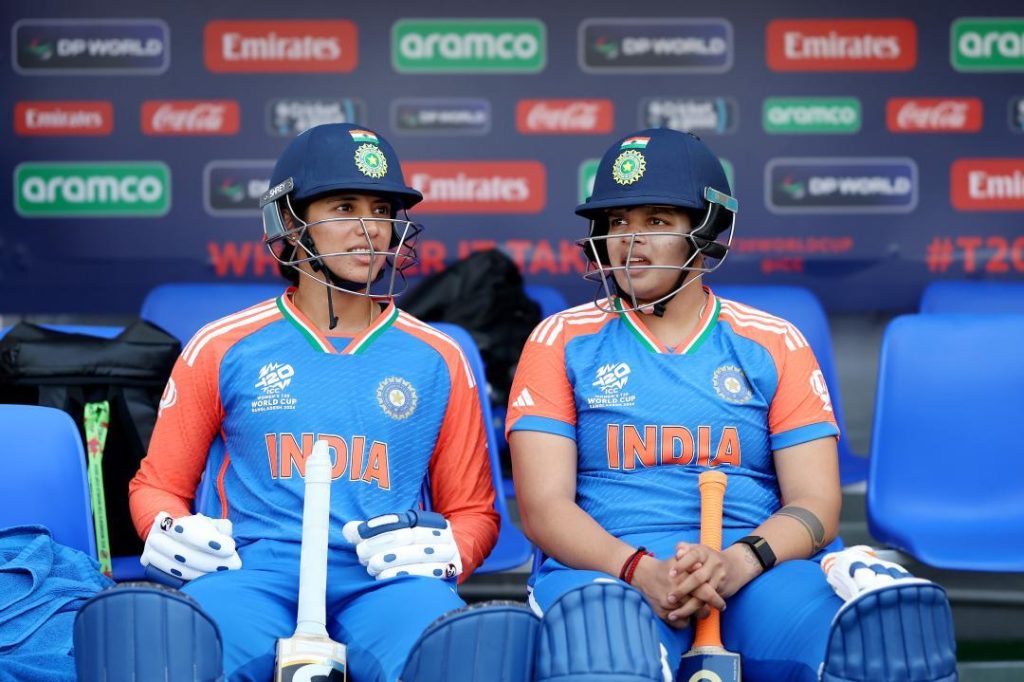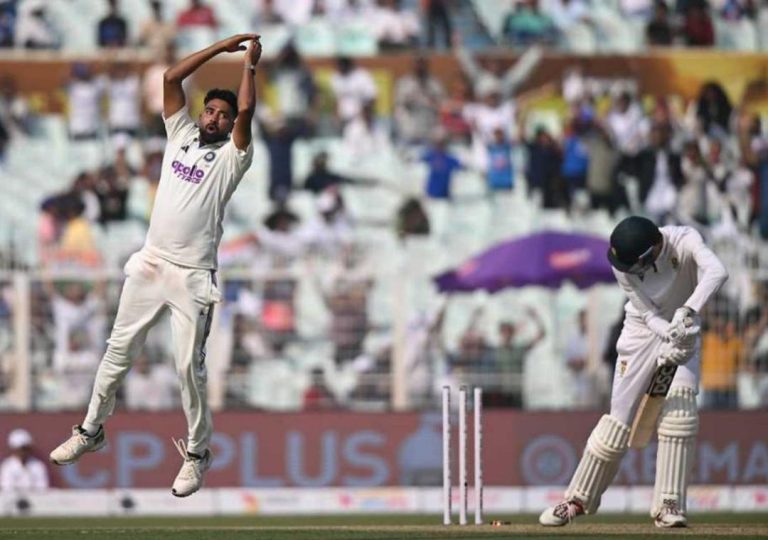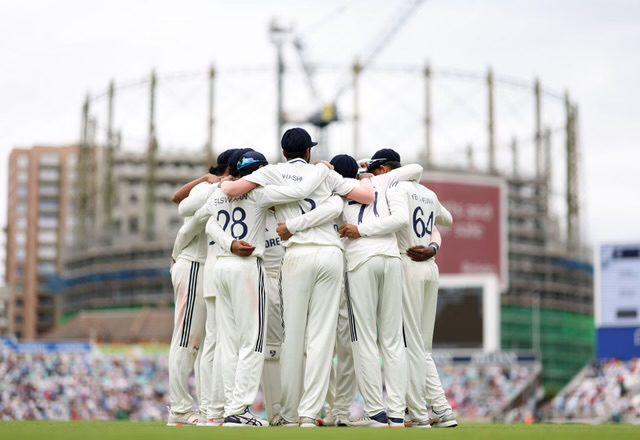
Smriti Mandhana & Shafali Verma Make WT20I History
The Women’s T20I format has seen some incredible partnerships over the years, but none as remarkable as the one shared by Smriti Mandhana and Shafali Verma. The Indian opening duo has been a force to be reckoned with, and their recent performance against England Women at Trent Bridge in Nottingham has cemented their place in the history books.
Mandhana and Verma have now become the most successful opening pair in Women’s T20I history, surpassing the record held by Alyssa Healy and Beth Mooney. This incredible feat was achieved when the pair put on an unbeaten 112-run stand in the first WT20I against England Women, taking their half-century stand tally to 21.
The duo has been a staple of the Indian team’s top-order, and their partnership has been instrumental in the team’s success in the format. Mandhana, the senior of the two, has been a consistent performer, known for her aggressive style of play. Verma, on the other hand, has burst onto the scene with her exceptional talent and has quickly become a fan favorite.
Their partnership is not just about the numbers; it’s about the way they complement each other on the field. Mandhana’s experience and Verma’s youthful exuberance make them a formidable combination. They have a great understanding of each other’s strengths and weaknesses, which allows them to play to each other’s strengths.
Mandhana, who has been one of the most consistent openers in the world, has been instrumental in India’s success in the T20I format. She has been a prolific run-scorer, with an impressive average of over 30 in the format. Verma, who has quickly become one of the most exciting young players in the world, has been a game-changer for India. Her aggressive style of play has allowed India to take the game away from the opposition, and her ability to play big shots has been a major factor in India’s success.
Their partnership has been a key factor in India’s success in the T20I format, and it’s not just about the numbers. They have been able to build a strong foundation for the team, allowing the middle-order batsmen to play freely. Their ability to take the game away from the opposition has been a major factor in India’s success, and it’s a testament to the strength of their partnership.
The partnership between Mandhana and Verma is not just about the numbers; it’s about the way they bring out the best in each other. They have a great understanding of each other’s strengths and weaknesses, which allows them to play to each other’s strengths. Mandhana’s experience and Verma’s youthful exuberance make them a formidable combination, and their partnership has been a major factor in India’s success in the T20I format.
In the first WT20I against England Women, Mandhana and Verma put on an unbeaten 112-run stand, taking their half-century stand tally to 21. This incredible feat surpassed the record held by Alyssa Healy and Beth Mooney, who had held the record for the most 50-run stands in Women’s T20I history. The partnership was a testament to the strength of the Mandhana-Verma partnership, and it’s a major factor in India’s success in the T20I format.
The success of the Mandhana-Verma partnership is not just about the numbers; it’s about the way they bring out the best in each other. They have a great understanding of each other’s strengths and weaknesses, which allows them to play to each other’s strengths. Mandhana’s experience and Verma’s youthful exuberance make them a formidable combination, and their partnership has been a major factor in India’s success in the T20I format.
In conclusion, the partnership between Smriti Mandhana and Shafali Verma is one of the most successful in Women’s T20I history. Their unbeaten 112-run stand against England Women at Trent Bridge in Nottingham has cemented their place in the history books, surpassing the record held by Alyssa Healy and Beth Mooney. Their partnership is not just about the numbers; it’s about the way they bring out the best in each other, and their ability to play to each other’s strengths has been a major factor in India’s success in the T20I format.






